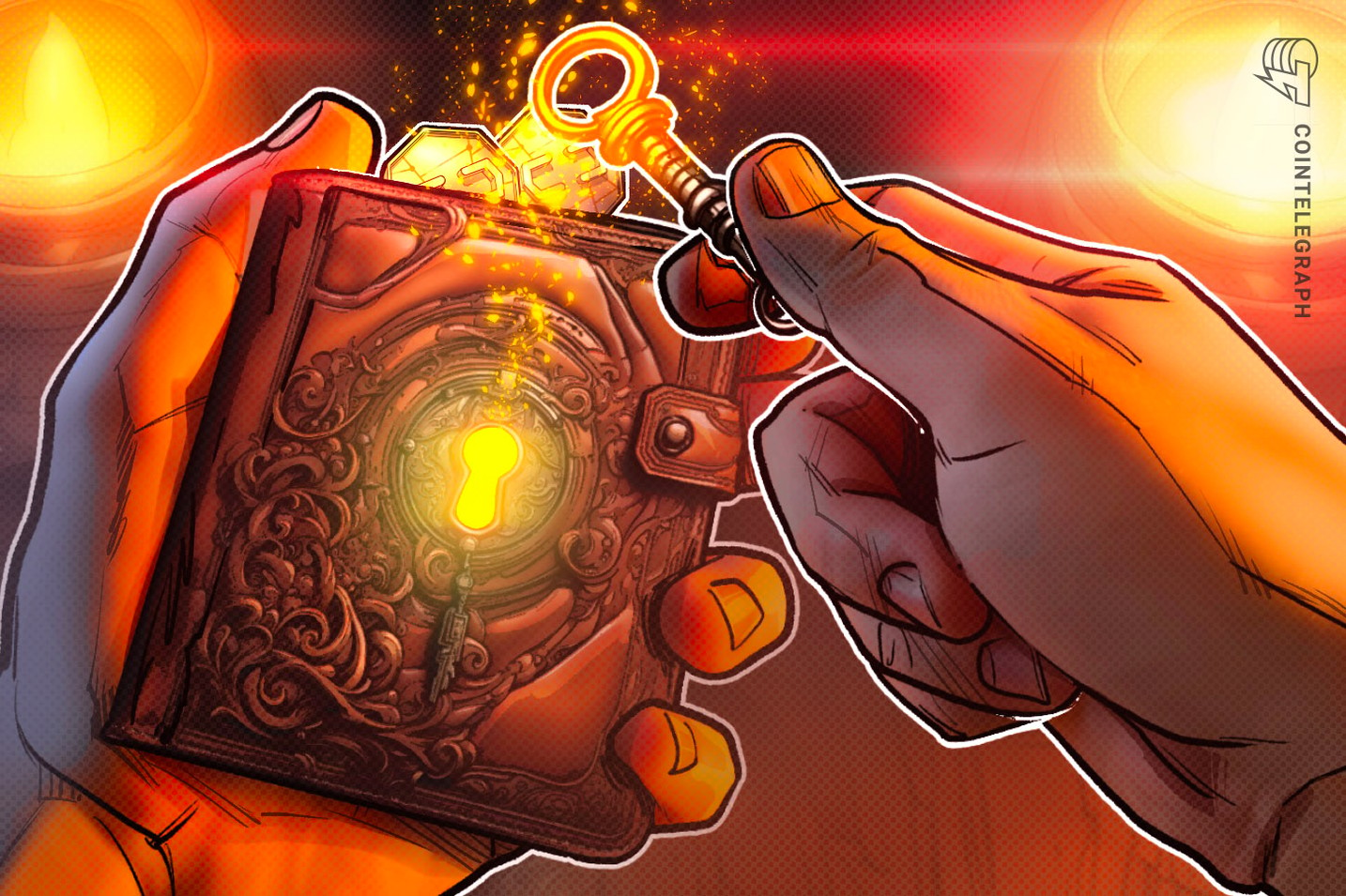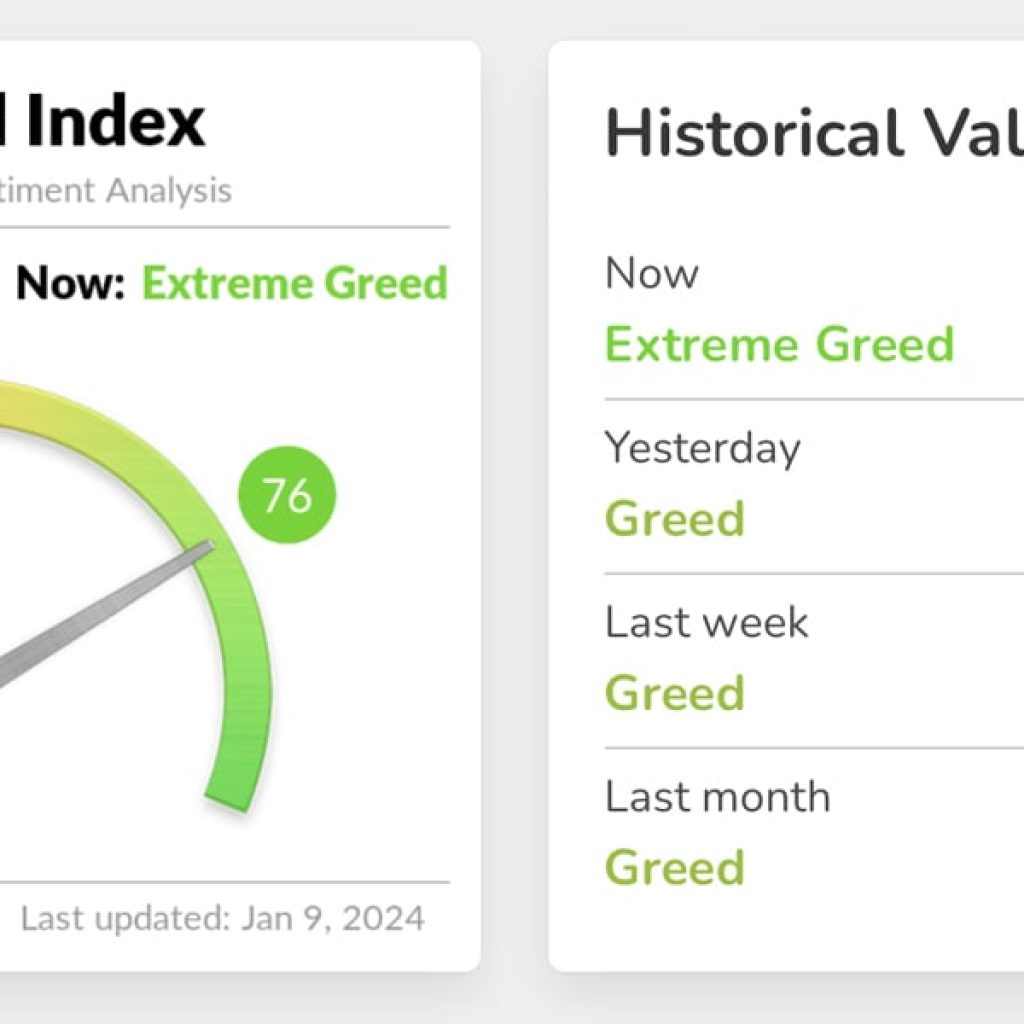
Discover the working pros, cons and step-by-step setup to gain control of your crypto assets via self-custodial wallets.
The cryptocurrency landscape is dynamic and characterized by frequent token releases. While some are familiar with popular cryptocurrencies like Bitcoin (BTC), Ether (ETH) and Solana (SOL), numerous tokens continually emerge in the ecosystem. Those interested in holding cryptocurrencies have two main options: a centralized exchange (CEX) wallet or a private (self-custodial) wallet to store them, and both approaches have pros and cons.
This article will explain self-custodial wallets and share basic steps to set up a beginner Trust Wallet to take control of your crypto assets.
A centralized exchange (CEX) holds crypto tokens on their client’s behalf. It aligns with a standard Web2 arrangement where users create an account, purchase and sell tokens on the exchange, and rely on the exchange to handle their account and its holdings carefully. CEXs are similar to having a bank or stock brokerage account, but that’s where some of the similarities end.





